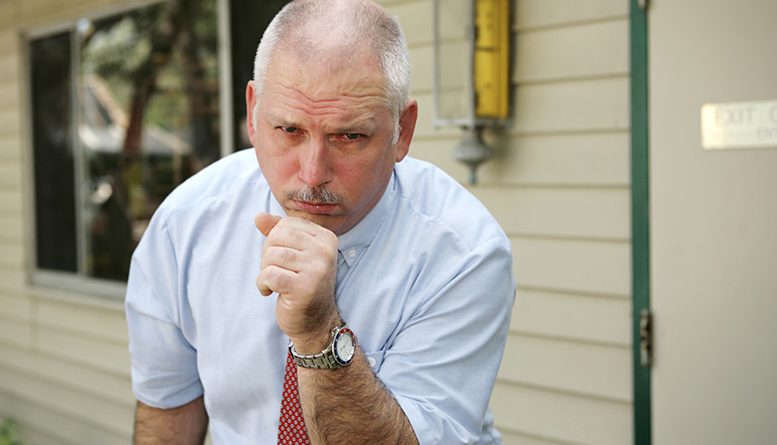Pneumonia is a very commonplace infection that occurs in the lungs. It is caused by viruses, bacteria, or fungi. It typically persists for a few weeks and usually does not require hospitalization. However, in certain cases, pneumonia can become life-threatening without proper treatment–particularly for the elderly and individuals with an existing chronic or respiratory condition like COPD, emphysema, or pulmonary disease.
Pneumonia Home Remedies
In many cases, getting enough rest to give your lungs a break from breathing caused by strenuous activity and drinking lots of fluids to facilitate the expulsion of excess mucus should suffice to get over pneumonia. Taking over-the-counter pain-relievers and consuming lots of vitamin C can also help you break your fever and ease the other symptoms. However, avoid giving your children any medications or supplements without consulting their pediatrician.
It is also a good idea to keep clear of cough medicine unless your doctor specifically tells you to use it because you need to be naturally coughing up and expelling phlegm out of your body. Keep in mind, however, that a persistent, severe cough may be a symptom of a more extreme case of pneumonia. Once you begin your treatment and getting enough bed rest, your symptoms should improve within a few days.
How to Treat Severe Pneumonia
If your pneumonia is too severe, you may need to be hospitalized. Your doctor will determine the appropriate course of treatment depending on your infection type. In most bacterial pneumonia cases, patients are given macrolide antibiotics like azithromycin, which can either be taken orally or intravenously. You may require a supply of oxygen to up the oxygen in your bloodstream. Some individuals may be put on medications to relieve their symptoms of chest pain and persistent coughing if needed.
Where viral pneumonia is concerned, antibiotics are not an effective form of treatment. However, depending on the type of virus that has caused your pneumonia, you may need to go on antiviral drugs. When pneumonia is viral, the symptoms typically improve within a few weeks.
Treating Fungal Pneumonia
The treatment of fungal pneumonia involves the use of antifungal medicines that directly destroy the fungus present in the lungs. In some cases, surgery may be needed for the removal of dead cells as a part of the treatment, which facilitates and speeds up the recovery of the healthy lung tissue. Most individuals with fungal pneumonia improve in a maximum of 10 days after beginning their treatment. However, it may take individuals aged 50 and over as well as those with pre-existing conditions up to a few weeks to recover fully.
If you have caught the rarest type of pneumonia known as mycoplasma pneumonia, you can expect to be affected by the infection for much longer. However, in every case of pneumonia, resting up is integral to the recovery process.
Featured Image: Depositphotos/© lisafx




